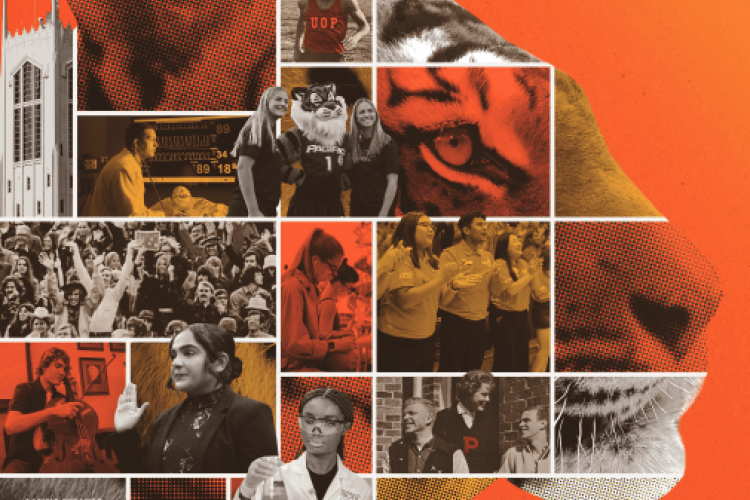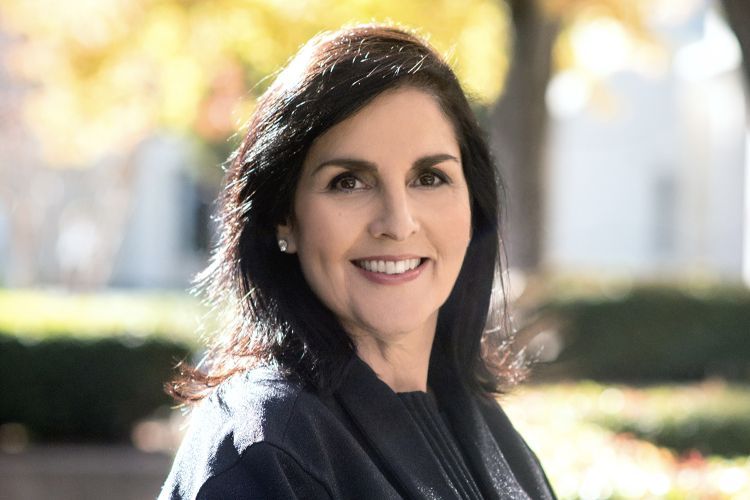Breadcrumb
Pacific ranks No. 1 in US in career earnings for low-income students

Among all students, Pacific is ranked in the top 2% in alumni earnings among all four-year U.S. colleges and universities.
University of the Pacific ranks No. 1 in the nation in career earnings for low-income students who attended colleges that enroll high percentages of Pell Grant recipients, according to a new Georgetown University study.
Pacific ranks No. 39 in the nation among all public and private universities for lifetime earnings for students from low-income families, the study shows. That puts Pacific near the top 1 percent in the nation among the 3,410 schools studied, and No. 3 in California–trailing only Stanford University and USC.
But when looking at U.S. colleges and universities that have the highest percentage of Pell Grant recipients–those schools in the top half–Pacific was first in the nation, according to the analysis from Georgetown’s Center on Education and the Workforce.
“We are enormously proud of our faculty, staff and leaders who have created a university that serves students from low-income families so well,” said Pacific President Christopher Callahan. “A 21st century college education is expensive. This study shows how that investment pays off for our students, especially those with limited means.”
Georgetown uses the share of students who are Pell Grant recipients as a measure of low-income students at the institution. Pell Grants provide need-based grants to low-income students to promote access to a college education.
At Pacific, Pell Grant recipients typically receive university funding on top of the federal grant and have access to academic support such as success coaching and tutoring. The Georgetown survey noted 37% of Pacific undergraduate students receive Pell Grants.
“When parents are looking at colleges, they are seeking clear evidence that students are able to get good jobs after graduation and to have that carry on throughout their careers,” said Christopher Ferguson, Pacific vice president of enrollment strategy. “This independent report offers clarity that this is exactly what is happening at Pacific.”
Pacific’s overall (39th) and California (third) rankings among public and private schools studied in the Georgetown report speak to the university’s commitment to students from low-income families, Callahan said.
“This important study underscores the value of a Pacific education, particularly for families from lower economic standing, and how a college degree remains the single biggest determinate of economic mobility,” the president said.
Among all students, the Georgetown center ranks Pacific in the top 2% in alumni earnings among all four-year U.S. colleges and universities.





